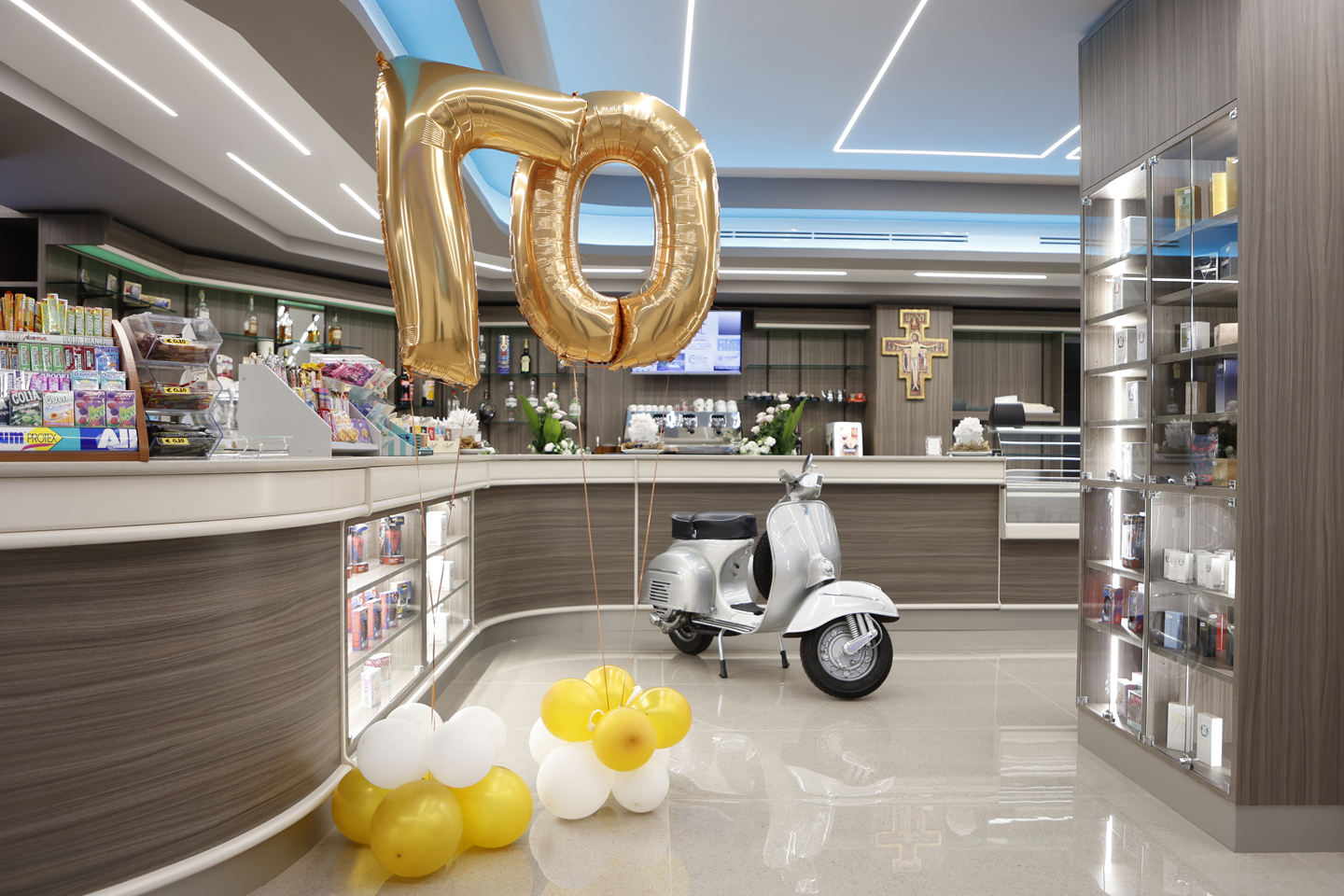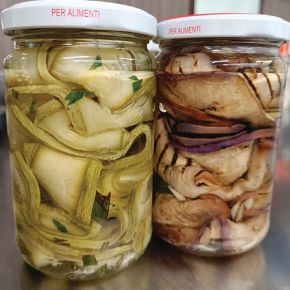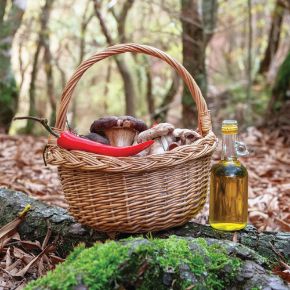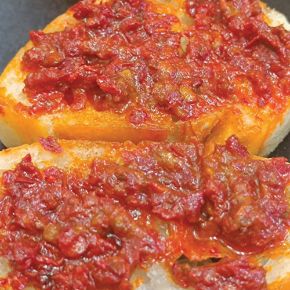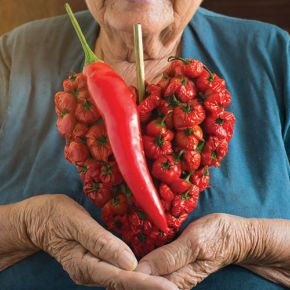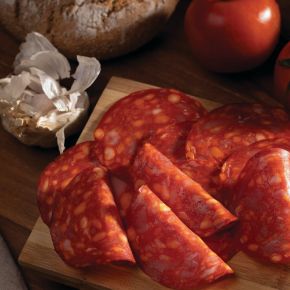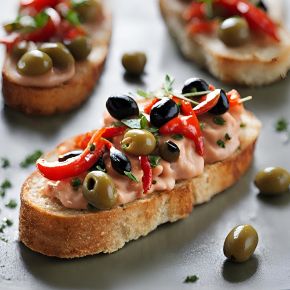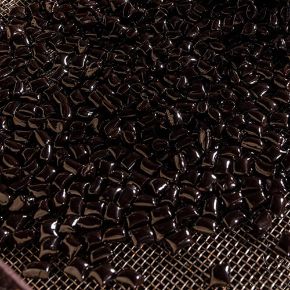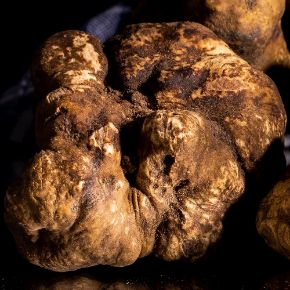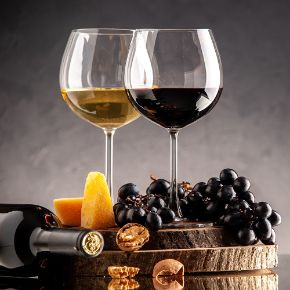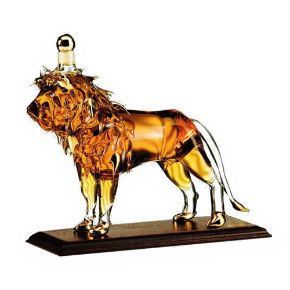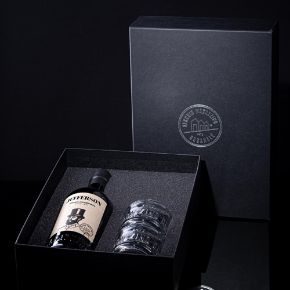Cookies help us deliver our services. By using our services, you agree to our use of cookies.
Alcoholic drinks can be sold only and exclusively to adult customers, as required by Italian law.
Our History
For our 70th anniversary, we wanted to make a leap into digital as an evolution of our brand.
With immense pleasure and pride, we welcome you and accompany you in this new exciting adventure.
It was 1953 when grandfather Andrea, known as "Ndria i muzzuni", welcomed his customers with a smile in what was once called first the Cellar and then the "putìga", but which was basically the only meeting place in the area (besides the Church ), where people, having parked the means of transport of those times, the horse, ate and sipped authentic delicacies.
"Caffè Dodaro dal 1953" today also becomes e-commerce to meet everyone's needs, making high quality products available online, always maintaining the same courtesy and authenticity of grandfather Andrea, mother Carolina and father Emilio.
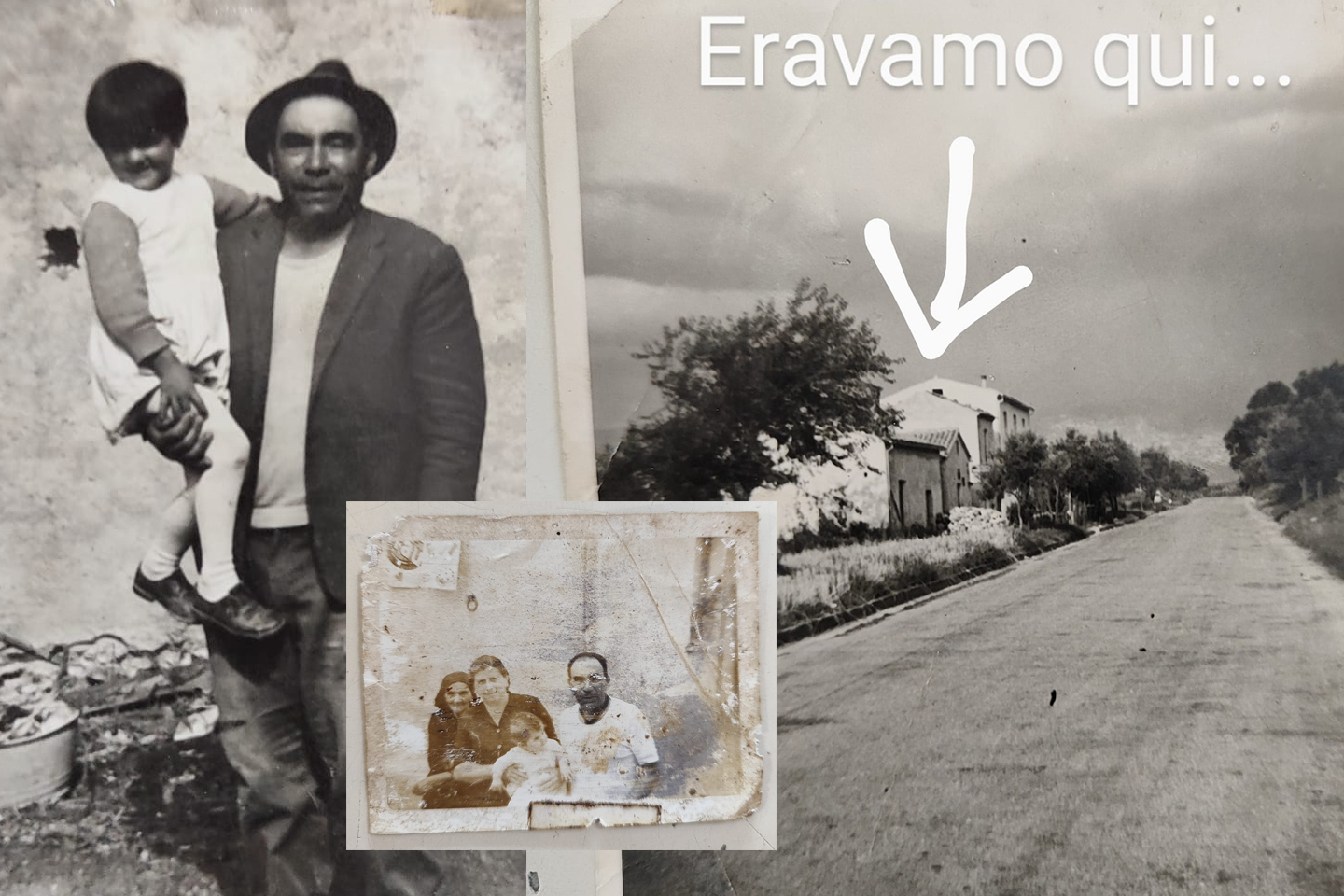
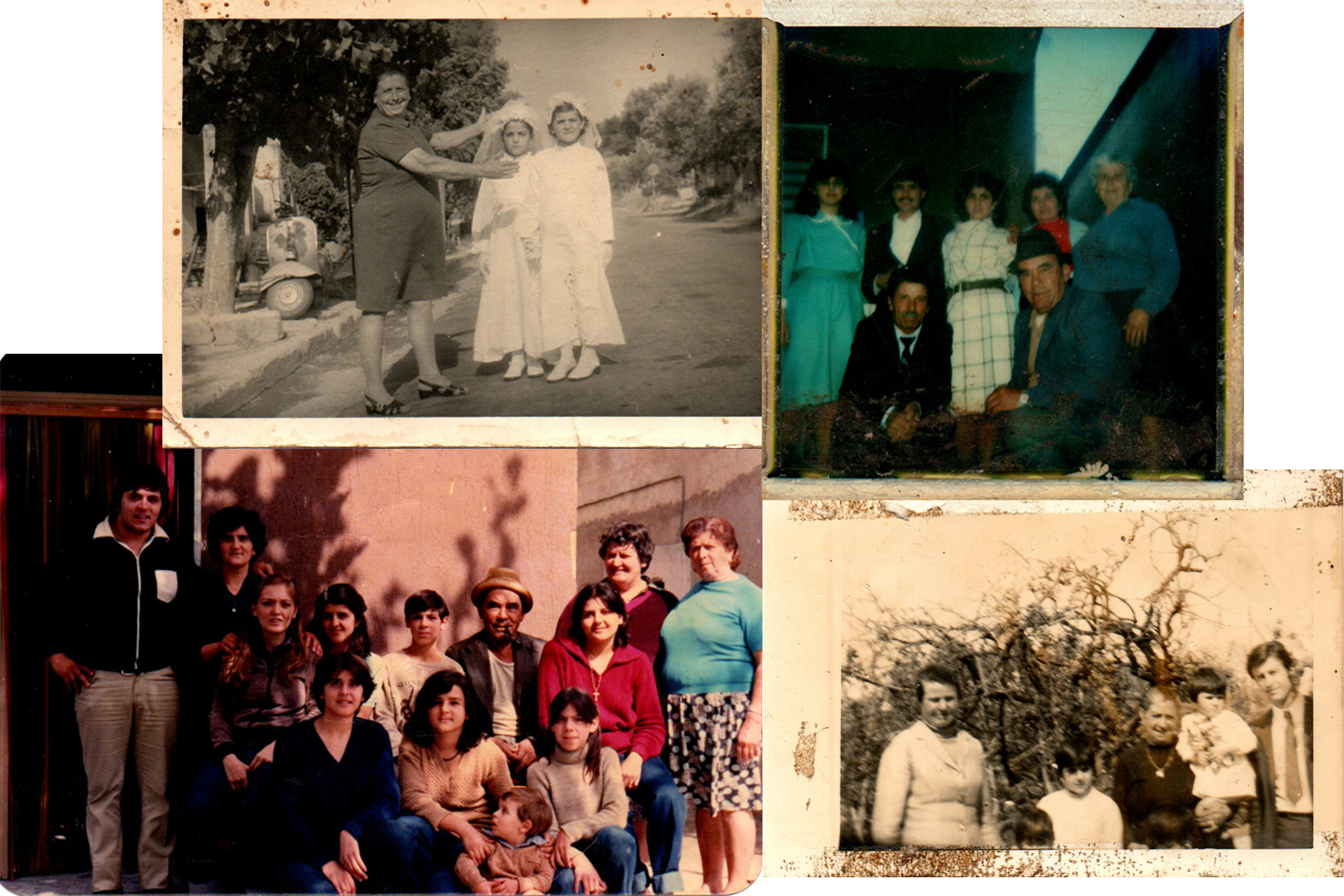
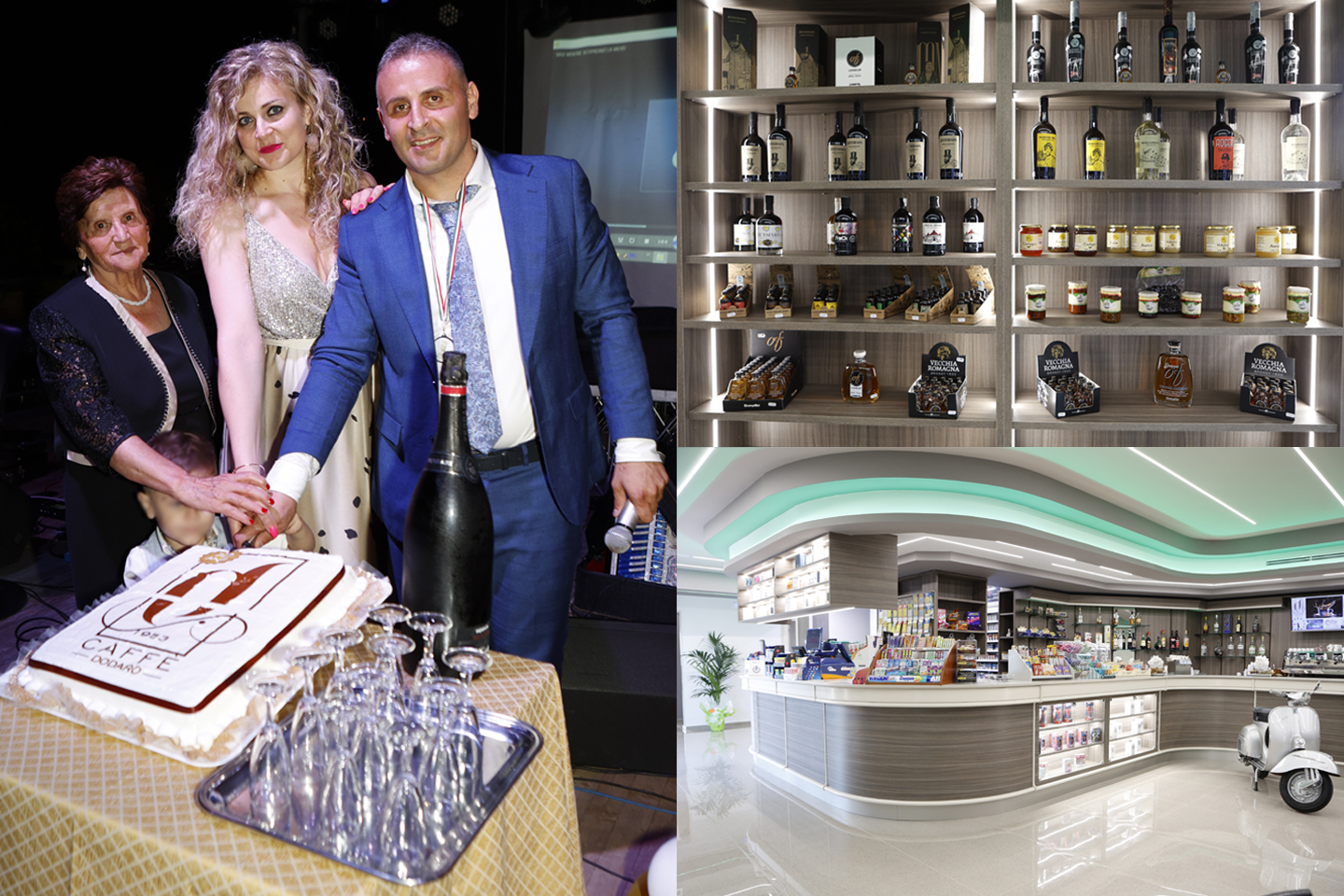
A great little story spanning seventy years
Andrea “i Muzzuni” (Andrìa in dialect) was an enigmatic character who lived at the turn of the twentieth century. The nickname, which was common at the time to easily distinguish people, he inherited from his ancestors who had skin as dark as a firebrand (hence "muzzuni"), marked by heavy work in the fields. He was a particular character, not only for his nickname, but also for the way he dressed: often barefoot, with "abbazati" trousers (that is, pulled up with the cuffs) and a hat always on his head. Andrìa lived near a stream of water and like all his traveling companions, he was a farmer.
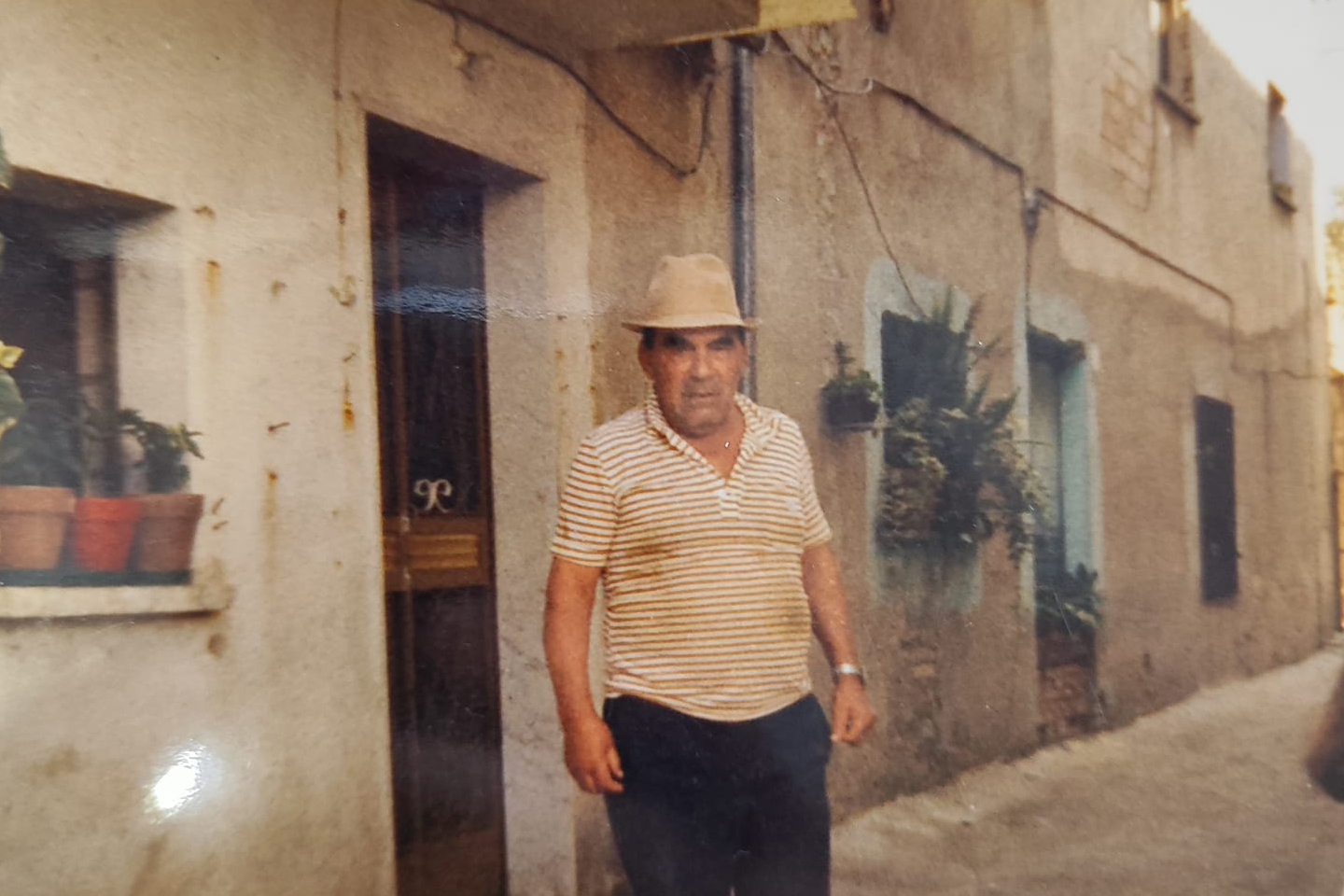
His strength and determination led him to willingly accept the challenges that life offered him. His imposing figure and his decisive and resolute personality made him an essential point of reference for his community. Despite his reputation as a reserved person, Andrìa i Muzzuni was always ready to help anyone who needed him. His legacy, in fact, is still alive in the memory of his native village.
Immediately after the Second World War, he emigrated to Argentina where he found work for a few years. After his return, being already an expert in the field of commerce, Andrìa sold all the goods produced from his garden with his "apiceddra" (the motorized cart of the past, called Ape). When all the houses in the area were still built with earth and straw, thanks to his ability to make do, he personally built the first warehouse in the area, in stone, with the aim of founding the first local winery. With his strength and his ability to work hard, he built the cellar near the stream, using only materials that nature offered him. After several months of hard work, in 1953, the cellar was finally ready and Andrìa inaugurated it with a big party attended by all her relatives, friends and neighbors.
From its first day of opening, the cellar became an important meeting place for the people of the surrounding area, where customers, passers-by and friends met to taste the wine produced by Andrìa and to savor the few essential foods of the time, such as salted sardines, olives, lupins and cheeses.
It became so famous that to identify the area, people often referred to the nearby bridge as "The bridge of Andrìa i Muzzuni". The cellar was frequented by people who arrived on horseback, by bicycle or with their "apiceddre" parked in a row along the road. The horses and mules were tied to a horse-shaped shoe attached to the external wall, under the majestic shade of the giant lime tree.
The Cantina of Andrìa i Muzzuni was not just a place where people could enjoy food and drinks; it was a place where people in the community could gather and share stories, laughter and good times. It was an island of serenity in a difficult, complicated and above all tiring world.
It wasn't long before the winery became the heart and soul of the community, even competing in popularity with the local church of San Francesco.
It was the 1960s and society was changing rapidly. Soon the cellar also adapted, starting to sell all the basic necessities such as stone salt, oil for candles, matches and then loose cigarettes. These innovations, day after day, transformed the cellar into a sort of small minimarket called "putìga" (shop in Italian, but which does not convey the profound meaning of what it represented in those times).
The transformation of the cellar into a "putìga" represented an important change of direction for the community. It was no longer just a place where you could enjoy a glass of wine and some appetizers, but the Andrìa cellar became the place where you could buy everything you needed for daily life.
Thanks to his entrepreneurial spirit, in an era of great changes, Andrìa's decision to transform his cellar into a "putìga" demonstrated his ability to adapt to the changes of the time and to understand the needs of his community.
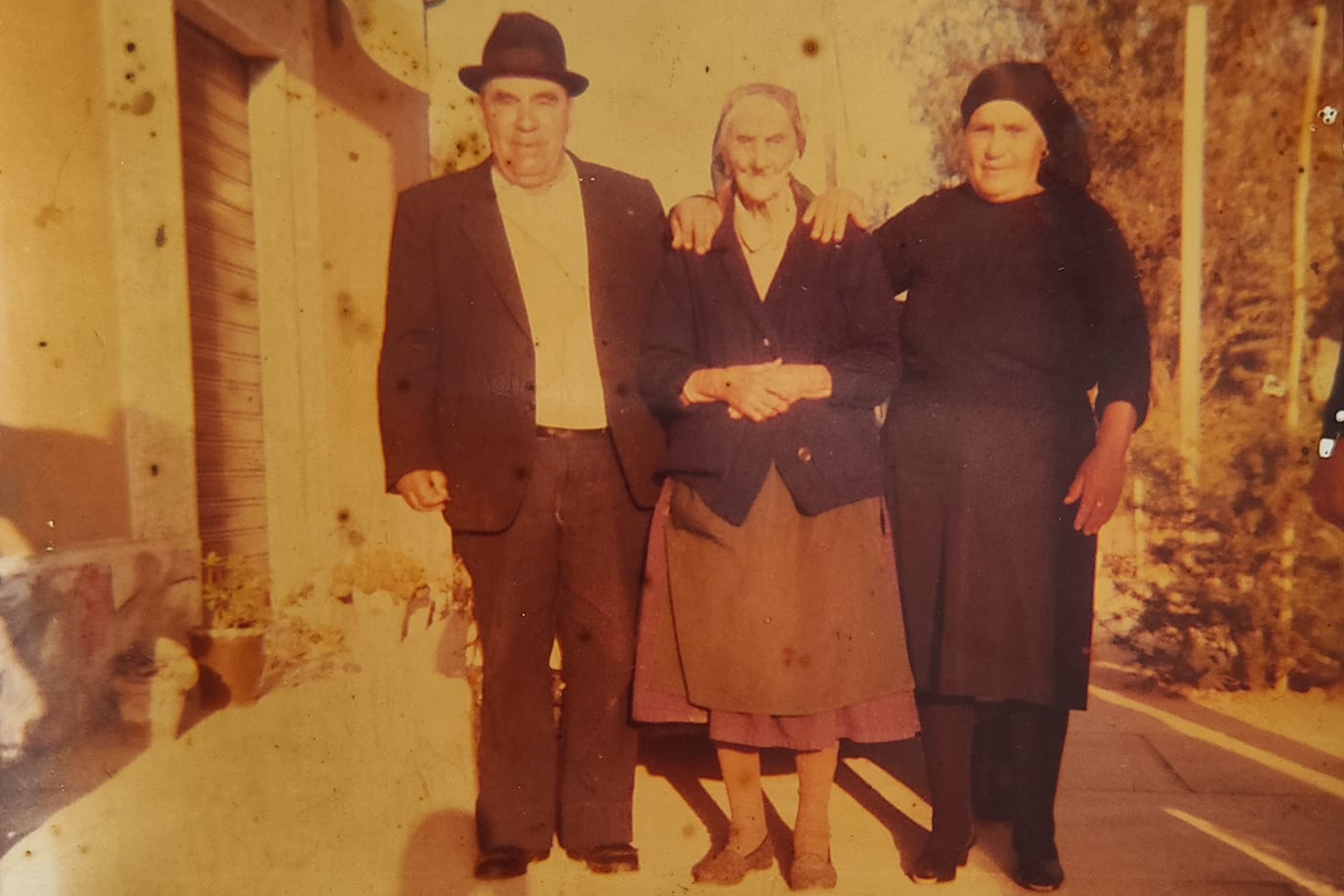
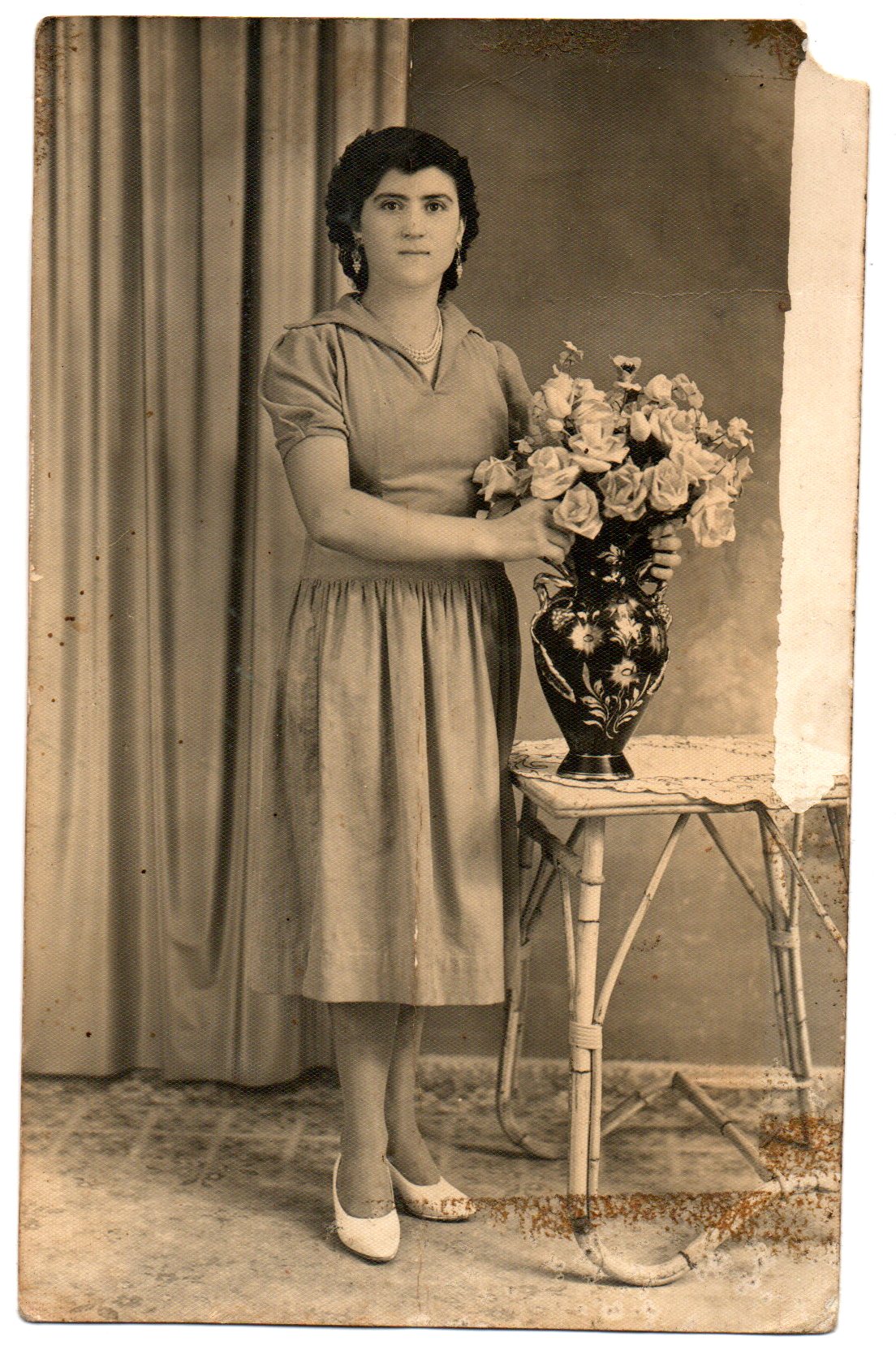
Andrìa's daughter, Carolina, helped with the business of the place and slowly wanted to take over the management to lend a hand. She met the charming Emilio, they fell in love and decided to get married. It was a joy for the whole family, but like all penniless young newlyweds, after some time, they had to leave for Germany. Life in this new land was not easy for Carolina and Emilio, but thanks to their determination and perseverance, they managed to earn the lire needed to finally return home. When they returned to their beloved land, they were very happy to want to manage the place, always under the attentive and critical gaze of Andrìa i Muzzuni, proud and happy with their choice.
But as soon as they took over the business, Carolina and Emilio realized that there was a big problem: the business had been neglected and they needed a big effort to bring it back to life. With their skill and determination, they set to work, day and night, to revive the business and make it flourish again as it once was. And in the end, to the great satisfaction of Andrìa i Muzzuni, the business came back to life and became even more prosperous than before.
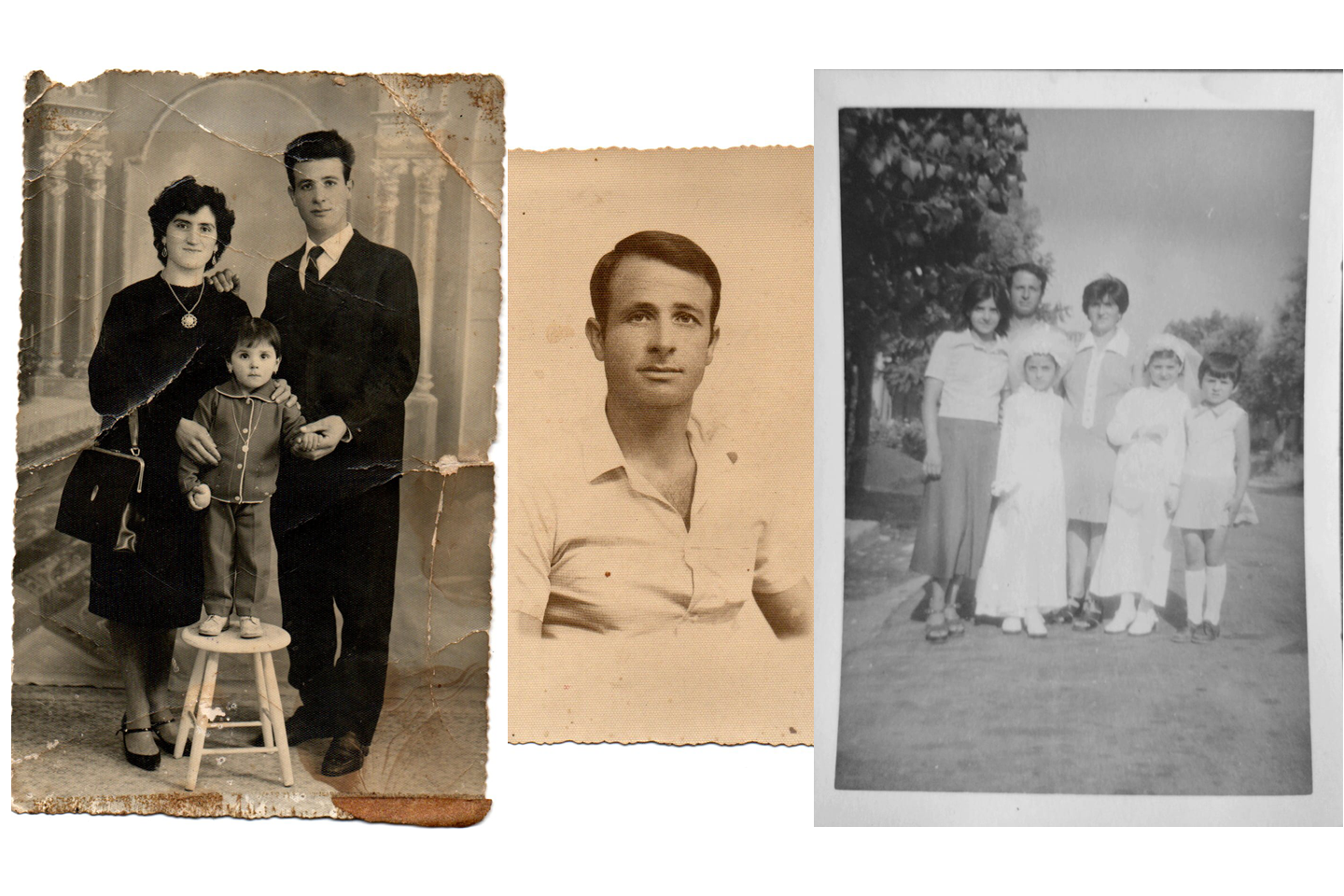
Carolina and Emilio had worked hard to grow their little shop, expanding the range of products sold and also becoming a commercial point for the community. But their success didn't stop there. Thanks to their perseverance, new economic strength and new market demands, they included many new products in their product portfolio: in addition to salt and chocolate they decided to sell the long-awaited kit (in dialect “u corredo”), i.e. the " dowry" of the brides, what is now called a wedding list. Linen, plates, glasses: everything that was necessary for the birth of new families could be found at Carolina's putìga. This allowed it to become the reference center for all the families in the surrounding area, also because the popular beliefs of those times said that not having a "dowry" was seen as a reason for contempt and shame; but thanks to the couple of entrepreneurs, all families could satisfy their needs. The small shop then began to expand, becoming a real prestigious shop, in just 60 square meters! And so, all the families in the area and beyond bought from them, always remaining satisfied with the quality of the materials. The couple managed to create a solid, well-organised business that lasted for generations and their story demonstrates how commitment and courage can lead to success, even in difficult situations.
Unfortunately these joys did not last long: an accident broke this festive atmosphere. One day like any other in 1981, Emilio took his beloved tractor which guaranteed a source of income and began his working day with the same proactive spirit as always. However, what no one would have imagined happened and he suffered a very serious accident. The tom-tom of the news spread like a storm; everyone rushed to that strip of steep terrain, trying to help. Soon the tears of some announced the saddest truth: Emilio went to heaven.
The entire community was shaken by the tragic news, and for days the pain and dismay spread like a wave in the air. The death of Emilio, a respected and loved figure, left a deep void in the hearts of all those who had known him and threw everyone into a state of profound pain. But although his body was no longer with them, his spirit and his legacy remained forever, as a beacon that would continue to guide the family, and there were dark moments! The impact of Emilio's death was so profound that it required a prolonged period of mourning. The sad days passed one after the other and the life of his wife Carolina and her children changed radically: the father of the very young five children was no longer there and neither was her hard-working husband, a long process of pain, acceptance, consolation combined with hard commitment every day to run the business and family. In addition, Emilio's tractor work that previously provided an external source of income was now missing, and times had suddenly become difficult. Mother Carolina had to respond to the ever new questions of her children, to the needs of the little young women and of the very young Fabrizio who was silently growing up.
But despite the pain, Emilio's memory remained alive in everyone's hearts and continues today to represent a model of hope and perseverance for all those who knew him. The whole family united even more around Carolina who continued to manage the business. Emilio was much loved for his kind nature and good intentions, those who knew him and beyond united around the grieving family, offering their support and solidarity. It often happened that regular and new customers came to make purchases even from far away, saying: “Cumma Carolina, let's come to buy here so that Emilio's children can eat too! We come here on purpose."
These facts showed how divine providence acted, and encouraged by these signs Carolina carried on her family and business which transformed into a real small commercial center of the times.
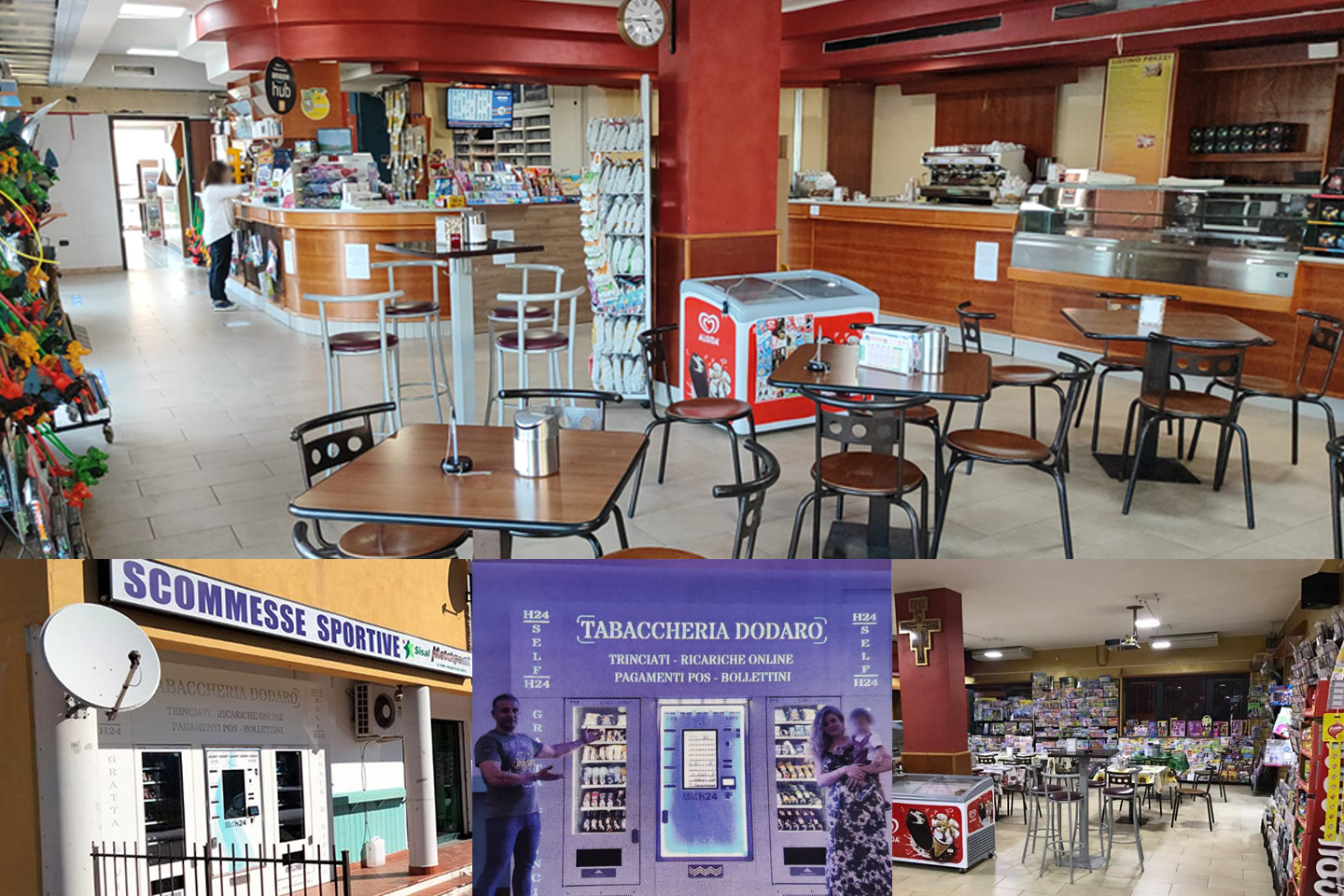
Later, in the 2000s, his son Fabrizio took over the management of the company and decided to completely renovate it, distorting its original appearance. He removed all the outdated elements and those that had become obsolete over time or were no longer in step with modern progress, transforming it into a bar and tobacconist, subsequently integrating a pizzeria, rotisserie, snack bar, pastry shop, ice cream parlor and also other services such as sports betting, Lottomatica , Sisal and others. This choice proved to be a winning one and the business continued to grow, so much so that Fabrizio decided to move to the new premises nearby, to the famous "yellow buildings", maintaining all the services that had made the family business famous, and above all always guaranteeing the same smile, the same love and dedication of grandfather Andrìa, father Emilio and mother Carolina.
The 70th anniversary of the Dodaro family's business is an important milestone that will be celebrated with a renovation of the entire venue. However, what makes this event even more special is the opening of an e-commerce website, a sign of the family's ability to keep up with the times and continue to satisfy the needs of its customers. The addition of the online purchase option of typical high quality products, such as truffles, cured meats, jam, represents a step forward in the continuous evolution of the business and in the desire to provide its customers with the best possible experience, giving space and priority to the many local activities of our territory, our friends, for the good products of our land.
